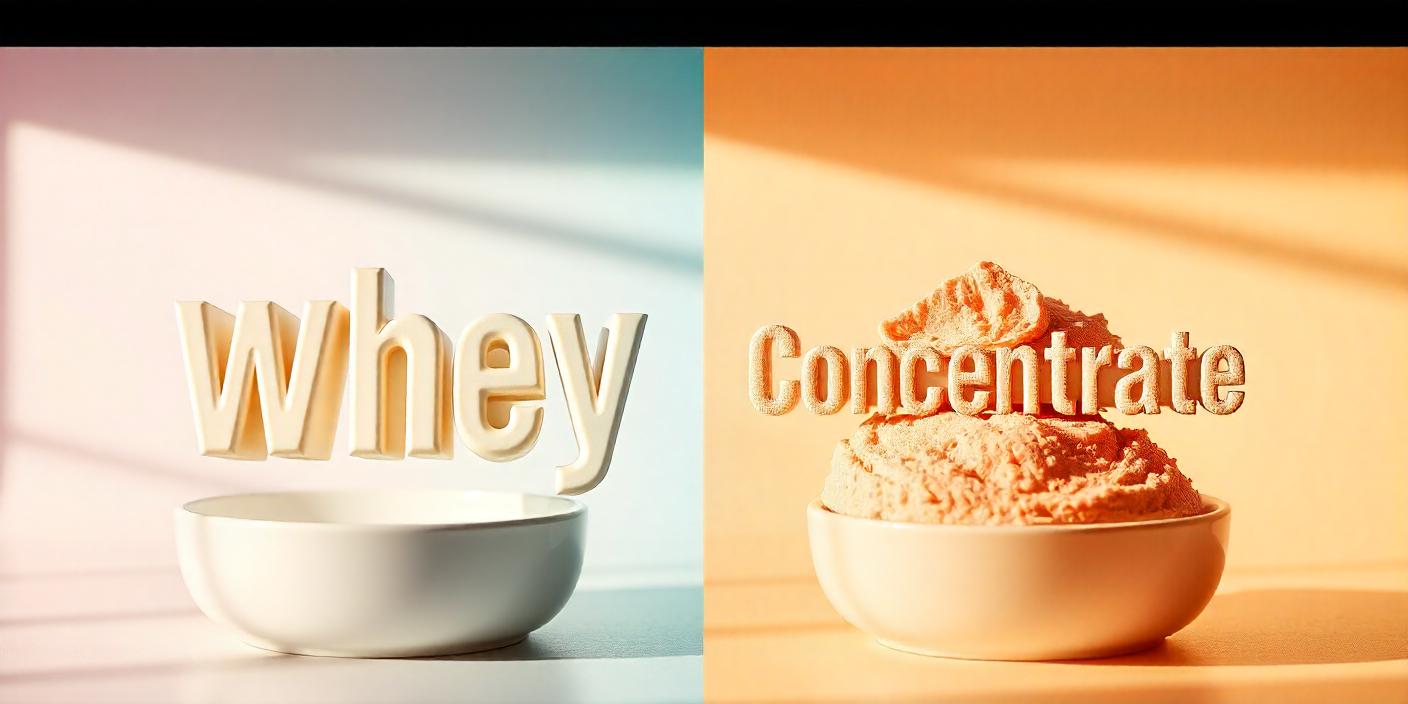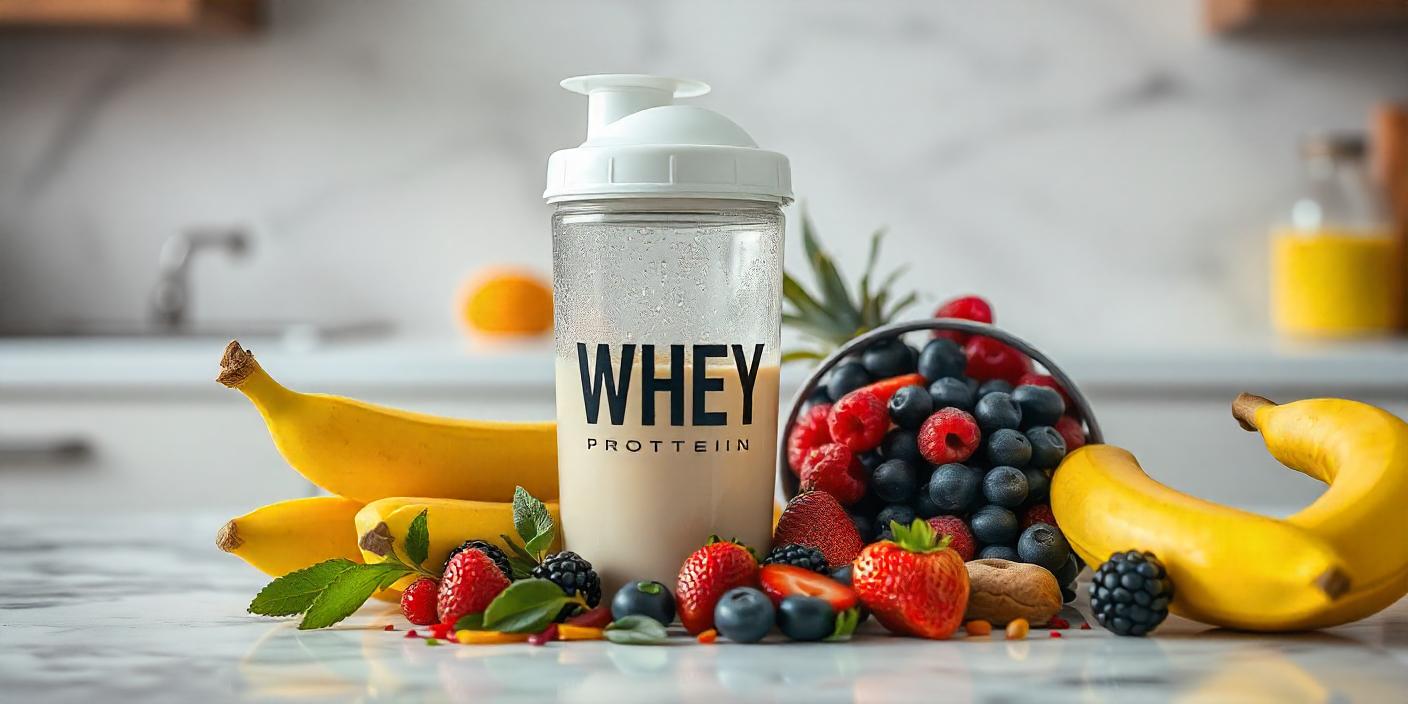When it comes to protein supplements, the debate over “whey protein isolate vs concentrate” has been ongoing for years. With gym-goers, athletes, and health enthusiasts constantly searching for the best protein option, it’s essential to dive deeper into these two popular choices. Are they really all that different? Which one is better for your goals? Let’s break it down in the simplest and most engaging way possible!
Whey Protein: The Foundation
Before we jump into the specifics, let’s quickly cover what whey protein is. Derived from milk during the cheese-making process, whey protein is a complete protein that contains all nine essential amino acids. It comes in two main forms: isolate and concentrate. While both offer fantastic health benefits, the key lies in their processing, nutritional profile, and usage.
Now, let’s dive into the specifics to settle the “whey protein isolate vs concentrate” debate once and for all.
The Science Behind Whey Protein Isolate
Whey protein isolate (WPI) undergoes additional processing to remove almost all fat and carbohydrates. This means it contains a higher protein percentage — typically around 90-95% protein by weight. The extra filtration also makes it virtually lactose-free, a bonus for those with lactose sensitivities.

Key Benefits of Whey Protein Isolate:
- Higher Protein Content: If you’re looking to maximize protein intake, WPI is your go-to option. A single serving often delivers 25-30 grams of pure protein.
- Low in Fats and Carbs: For anyone following a low-carb or ketogenic diet, isolate fits seamlessly into your routine.
- Great for Lactose-Intolerant Individuals: Since it’s almost free of lactose, it’s ideal for those with dairy sensitivities.
- Rapid Absorption: Thanks to its minimal fat and carb content, isolate gets absorbed quickly, making it perfect for post-workout recovery.
Did You Know? According to a 2023 study, individuals consuming whey protein isolate post-workout showed a 15% faster muscle recovery compared to those consuming concentrate.

Whey Protein Concentrate: The All-Rounder
Whey protein concentrate (WPC) undergoes less processing compared to isolate. It contains around 70-80% protein by weight, with the rest being made up of fats, carbohydrates, and lactose. While this may seem like a downside, these additional components can actually be beneficial for certain individuals.
Key Benefits of Whey Protein Concentrate:
- Balanced Nutritional Profile: With its fats and carbs intact, WPC provides more calories, which can be helpful for those looking to gain weight or have higher energy needs.
- Rich in Nutrients: The lesser processing means it retains more nutrients like immunoglobulins and lactoferrin, which support immunity.
- Cost-Effective: Concentrate is usually more affordable than isolate, making it a budget-friendly option for regular use.
- Tastes Better: Thanks to its natural fat and carb content, concentrate often has a creamier and more pleasant taste.
Stat Alert! Studies show that whey protein concentrate can help increase lean muscle mass by up to 9% in just 12 weeks when paired with resistance training.
How Do They Stack Up Nutritionally?
Let’s put “whey protein isolate vs concentrate” head-to-head in a quick comparison table:
| Feature | Whey Protein Isolate | Whey Protein Concentrate |
| Protein Content | 90-95% | 70-80% |
| Fat Content | <1% | 3-5% |
| Carbohydrate Content | <1% | 3-5% |
| Lactose Content | Minimal | Moderate |
| Cost | Higher | Lower |
| Taste | Neutral to Bland | Creamy and Flavorful |
When Should You Choose Whey Protein Isolate?
- Weight Loss Goals: If you’re trying to cut fat and keep your calorie intake in check, isolate is your best friend.
- Lactose Sensitivity: Struggle with bloating or discomfort from dairy? Go for isolate to avoid the lactose.
- Post-Workout Recovery: Need quick absorption? Isolate’s faster digestion makes it a winner after intense training sessions.
Pro Tip: Pair your isolate with water or almond milk for an ultra-low-calorie shake.
When Should You Choose Whey Protein Concentrate?
- Muscle Building and Weight Gain: Looking to bulk up? The higher calorie content in concentrate can help you meet your goals.
- Budget-Friendly Option: If you’re on a tight budget, concentrate offers excellent value for money without compromising on quality.
- Enhanced Immunity: The extra nutrients in concentrate can give your immune system a boost, making it a great choice during cold and flu seasons.
The Taste Test: Which One Wins?
Taste often plays a significant role in choosing a protein powder. Whey protein concentrate generally wins in this category due to its creamier texture and richer flavor. Isolate, while effective, can sometimes taste bland unless enhanced with flavorings.
Can You Use Both?
Absolutely! Many fitness enthusiasts mix and match based on their needs. For example:
- Use whey protein isolate for morning shakes or post-workout recovery.
- Opt for whey protein concentrate during the day or as a meal replacement to keep you fuller for longer.
Final Verdict: Which One is Right for You?
The choice between “whey protein isolate vs concentrate” boils down to your individual goals, dietary restrictions, and budget. If you’re looking for a leaner protein source and faster recovery, isolate takes the crown. On the other hand, if you want an affordable, nutrient-packed option, concentrate is the way to go.
In conclusion, whether you choose whey protein isolate or concentrate, you’re still fueling your body with high-quality protein that supports muscle growth, recovery, and overall health. The key is finding what aligns with your fitness goals and taste preferences.




